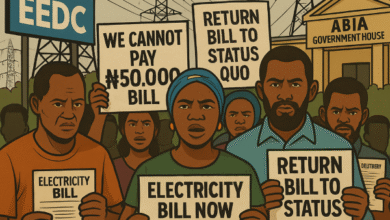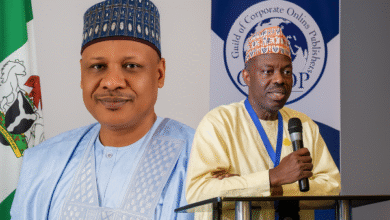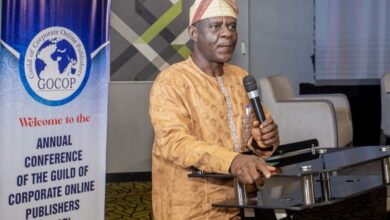World Bank harps on women, girls participation to achieve poverty reduction target
 Without the full participation of women and girls, Nigeria will not achieve the target of lifting 100 million people out of poverty, says the Country Director of World Bank, Mr Shubham Chaudhuri.
Without the full participation of women and girls, Nigeria will not achieve the target of lifting 100 million people out of poverty, says the Country Director of World Bank, Mr Shubham Chaudhuri.
Chaundhuri stated this during a Ministerial Session on “All hands-on Deck- Exploring Multi-sectorial and intersectional part ways for driving women’s empowerment in Nigeria” at the 2022 Gender & Inclusion Summit in Abuja.
The summit was organised by the Policy Innovation Centre (PIC), an initiative of the Nigeria Economic Summit Group (NESG), with the theme, “Connecting the Dots for a Gender Inclusive Society.”
He said: “The goal is to lift 100 million people out of poverty. It is a simple fact that without the full economic participation and empowerment of women and girls, Nigeria will not attain that goal.
“ We have a world development report about 10 years ago on gender equality, and the tagline for that is, gender equality is not just the right thing to do, it is the smart thing to do.
“If you want economic growth, if you want inclusive jobs, you have to bring women and girls into the economic space,” he explained.
Also, Hajiya Zainab Ahmed, Minister of Finance, Budget and National Planning, said the ministry had initiated programmes targeted at empowering women and reducing poverty in the country.
Ahmed, said that 60 per cent of women-owned businesses benefitted from its Economic Sustainable Development (ESP) initiative across the nation.
“The Federal Government of Nigeria has the Government Enterprise Empowerment Programme (GEEP), the largest proportion of beneficiaries of the programme are the women.
“We have also the Conditional Cash Transfer programme, 93 percent of the care givers are women.
“So, there is a conscious policy decision by government to look at area where women will benefit more and do better,” she said.
Alhaji Samaila Mera, Emir of Argungu, said inadequate information, education, social and cultural practices, the burden of domestic and economic responsibilities were factors that impede rural women economic empowerment.
Ms Beatrice Eyong, UN-women Country Representative to Nigeria and ECOWAS, stressed the need to adopt affirmative action in the procurement processes in local and international organisations domiciled in the country.
According to Eyong, allowing women participate in procurement exercises will help women entrepreneurs expand on a larger scale.











